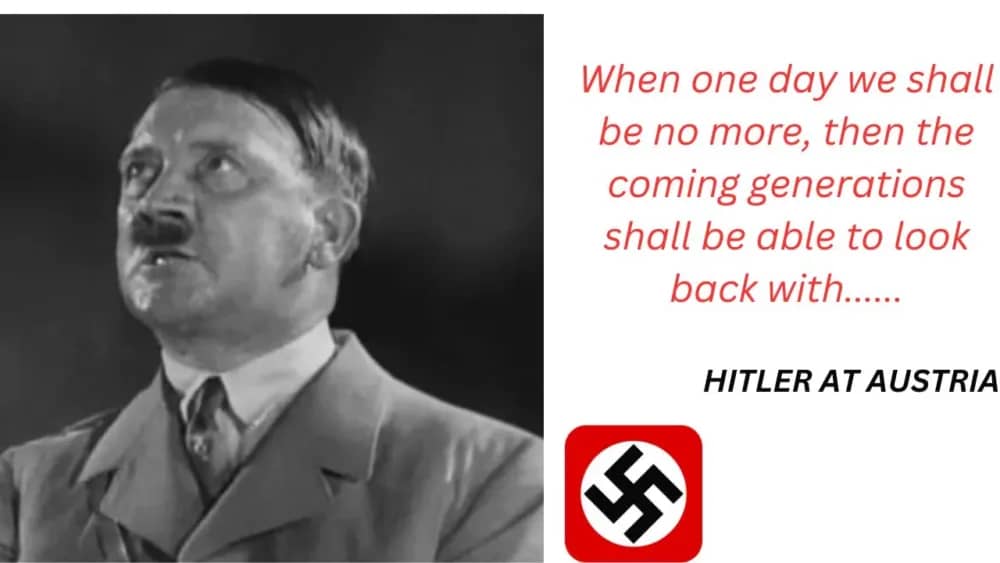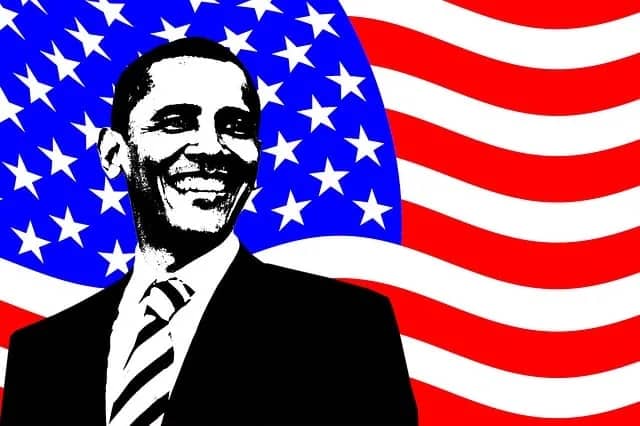Adolf Hitler, the name that sends shivers down the spine, is a figure forever etched in the annals of history for his catastrophic influence on the world. The leader of Nazi Germany from 1934 to 1945, Hitler’s rise to power and his orchestration of the Holocaust during World War II have left an indelible mark on humanity’s consciousness. This article delves into the life, ideologies, and legacy of Adolf Hitler, exploring the factors that contributed to his ascendancy, the horrors he unleashed, and the enduring lessons we must learn from his harrowing reign.
Early Life and Political Ascent
On April 20, 1889, in Braunau am Inn, Austria-Hungary (now Austria), Adolf Hitler came into the world.. His early life was marked by family turmoil, an unfulfilled dream of becoming an artist, and his gradual immersion into the world of far-right politics. The aftermath of World War I and the economic turmoil that followed provided fertile ground for extremist ideologies to take root, and Hitler exploited this environment to amplify his propaganda.
In the early 1920s, Hitler joined the National Socialist German Workers’ Party (NSDAP), also known as the Nazi Party. His charismatic speeches, focused on nationalism, anti-Semitism, and anti-communism, resonated with many disillusioned Germans who were seeking a scapegoat for their country’s woes. Hitler’s “Mein Kampf,” written while he was imprisoned for his failed coup attempt in 1923, outlined his vision for a racially pure, Aryan-dominated society and the expansion of German territory.
Rise to Power and Totalitarian Regime
Hitler’s ascent to power was gradual but calculated. Through relentless campaigning, mass rallies, and a platform that promised to restore Germany’s greatness, the Nazi Party gained support. In January 1933, Hitler was appointed Chancellor of Germany by President Paul von Hindenburg. Exploiting the Reichstag Fire in February 1933, Hitler pushed through the Reichstag Fire Decree, suspending civil liberties and paving the way for the Enabling Act, which granted him dictatorial powers.
With unchecked authority, Hitler rapidly dismantled democratic institutions, suppressed opposition parties, and consolidated power under the Nazi regime. His policies included mass rearmament, public works projects, and aggressive expansionism. The infamous Nuremberg Laws of 1935 institutionalized anti-Semitic policies, stripping Jews of their rights and paving the way for the systematic persecution that would culminate in the Holocaust.
The Holocaust and World War II
One of history’s darkest chapters, the Holocaust, unfolded as Hitler’s vision of racial purity escalated to genocidal proportions. The systematic extermination of six million Jews, along with millions of other minority groups, was carried out through concentration camps, mass shootings, forced labor, and other heinous methods. The scale of human suffering and loss during this period is incomprehensible, and the scars it left on survivors and the world continue to be felt to this day.
Hitler’s territorial ambitions led to the invasion of Poland in 1939, triggering the start of World War II. The subsequent years saw a series of brutal military campaigns across Europe and beyond, resulting in widespread destruction and loss of life. Hitler’s aggressive expansionism and disregard for international agreements plunged the world into a conflict of unprecedented magnitude.
Downfall and Legacy
As World War II progressed, the tide began to turn against Hitler and his Nazi regime. The catastrophic defeat in the Battle of Stalingrad marked a turning point, and Allied forces closed in on Germany from multiple fronts. In April 1945, as Soviet forces closed in on Berlin, Hitler retreated to his underground bunker. Facing imminent defeat, he committed suicide on April 30, 1945, ending his reign of terror.
Adolf Hitler’s legacy is one of unparalleled devastation and horror. The Nazi regime’s crimes against humanity, including the Holocaust, have left an indelible scar on the collective human conscience. Hitler’s ideological foundations of racial superiority, authoritarianism, and totalitarianism serve as a stark reminder of the dangers of unchecked power and extremist beliefs.
Lessons for Humanity
The rise and fall of Adolf Hitler offer several crucial lessons that humanity must heed to prevent the recurrence of such catastrophic events:
- Vigilance Against Extremism: The gradual normalization of extremist ideologies can lead to widespread acceptance of hateful beliefs. Society must remain vigilant and reject ideologies that promote discrimination, hatred, and violence.
- Safeguarding Democracy: Hitler’s ascent was facilitated by the erosion of democratic institutions. Protecting and upholding democratic values is essential to prevent the concentration of power in the hands of a few.
- Combating Propaganda: Hitler’s effective use of propaganda to manipulate public opinion underscores the importance of media literacy and critical thinking in deciphering fact from fiction.
- Confronting Intolerance: The Holocaust stands as a stark reminder of the consequences of unchecked intolerance. Promoting tolerance, inclusion, and understanding among diverse communities is crucial to building a just and peaceful world.
- Remembering History: The horrors of Hitler’s regime should never be forgotten. Educating future generations about the Holocaust and its aftermath is essential to ensure that history does not repeat itself.
Adolf Hitler’s life and legacy are a haunting reminder of the capacity for cruelty and destruction that exists within humanity. His rise to power, the horrors of the Holocaust, and the global devastation of World War II collectively serve as a grim cautionary tale. While the world has made progress in the decades since his reign, the lessons drawn from Hitler’s reign remain as relevant as ever. It is our responsibility to honor the memory of the millions who suffered by actively rejecting hatred, fostering understanding, and working towards a world where such atrocities are never allowed to happen again.



